
- How about winning a flight ticket worth up to US$500?
- Become a member by January 31st and get a chance to win!
Explore the concept of host families: meaning, their benefits, challenges, how to ensure a rewarding cultural exchange and how can help you travel on a budget.
7min

Have you ever taken the plunge, stepping out of your comfort zone and setting off into the unexplored? Picture this - you're traveling abroad for an exchange program or volunteer work. It's exciting but nerve-wracking too, right?
You don't just want to visit; you yearn to live like a local. But how do you get that authentic experience? Enter the concept of 'host families'.
This isn't about booking an Airbnb stay; it's much more than that. Imagine immersing yourself in new customs while creating bonds across cultures – all within someone else’s home! However, there can be bumps along this road less traveled.
Even if you're just mildly curious, don't go anywhere. We're about to delve deeper into the whole meaning of host families.
Suggested reading: Long term house sitting: how to find opportunities around the world.
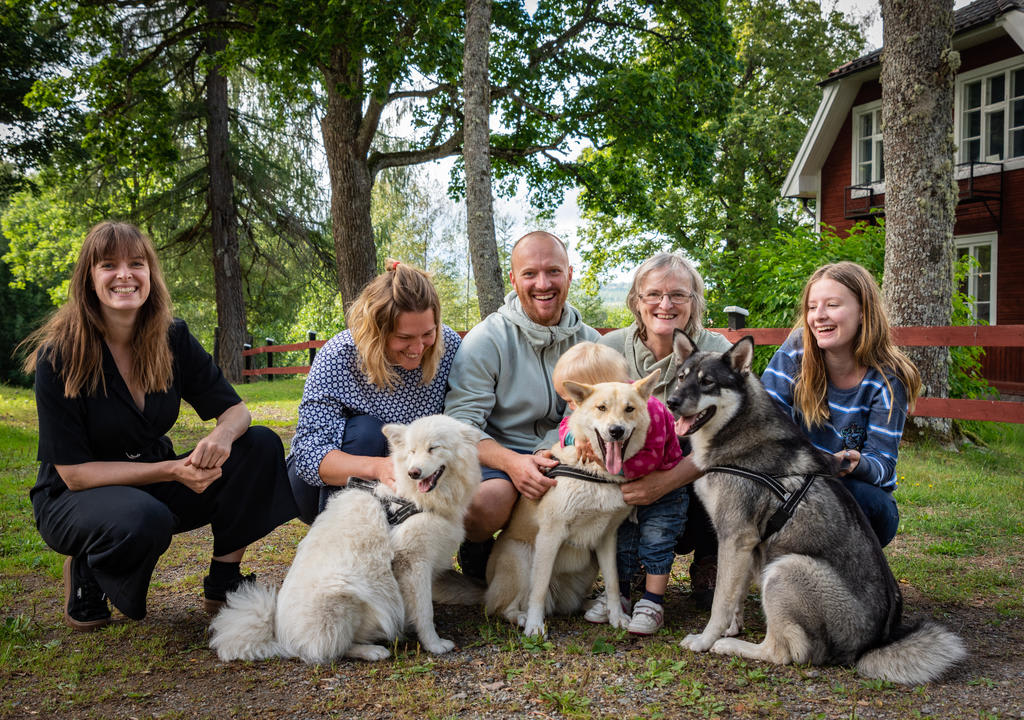
Picture this: you've just stepped off a plane in an exciting, unfamiliar country. You're greeted by warm smiles and welcoming arms - that's your host family.
In exchange programs like Worldpackers, a host family opens their home to volunteers who lend their hands with tasks such as household chores, pet sitting and/or child care, for a certain period of time.
The connection of a host family is not just about having help with tasks; it's also about cultural interchange and forming enduring relationships. Volunteers aren't guests but become integral parts of the families they join.
Being part of this setup is akin to immersing yourself into another culture entirely while simultaneously sharing yours, leading to enriching exchanges between volunteer and hosts alike.
In short, the host family welcomes the volunteers as one of their own during their stay. This involves sharing meals together, celebrations, and even the small everyday moments.

There are several compelling reasons why staying with a host family can be an enriching experience. Let's consider some of the most appealing ones:
Staying with a host family can provide you with the unique opportunity to partake in true, genuine cultural exchanges that cannot be experienced when staying at hotels or hostels.
You'll learn about traditions, customs, language nuances – all while sharing your own culture too. Staying with a host family isn't just about having a place to sleep after seeing the sights; it's about really living in that place.
You're not only going to meet people during your stay but also form deep connections. As part of their home life for weeks or months at time makes bonds stronger than any tourist activity could ever achieve.
The relationships formed here might turn into lifelong friendships spanning continents.
Beyond the typical traveler's itinerary awaits another layer: experiencing daily routines in someone else’s shoes. You will help out around the house like cooking meals together, taking care of kids or doing some gardening.
These everyday tasks become valuable lessons about resilience and adaptability – skills which will serve well beyond the trip itself.
And, if you live with a host family in a country where a language different from yours is spoken, you will have the unique opportunity to practice it every day in real and authentic situations. This is undoubtedly one of the fastest and most effective ways to naturally learn a language.
Lodging is one major cost that many travelers worry over when planning trips abroad. But by opting to live as part of host families' homes, those concerns evaporate away, as accommodation and meals are covered in retribution for your help. It’s a practical, cost-effective way to travel without breaking the bank.
In essence, staying with a host family is about more than just finding somewhere to sleep at night. It's an opportunity for cultural exchange, learning new skills, and making connections that will last a lifetime.
Moving to a new country, especially one with customs very different from your own, can be challenging at first: new schedules, customs, foods, language, and even social rules may seem unfamiliar. However, having local people willing to help you will make this transition much easier.
When living abroad, far from your family and friends, it's logical that difficulties may arise. Having close people to turn to in these cases is reassuring.
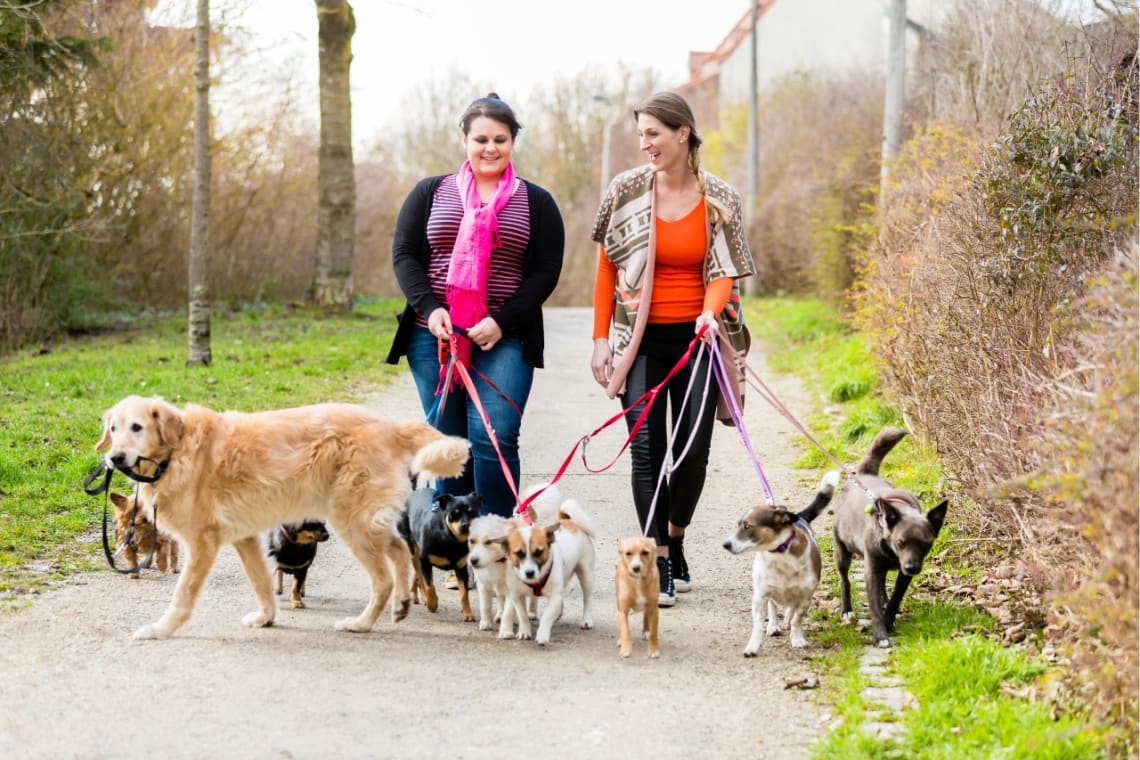
Living with a host family is an adventure. It's like taking the scenic route, full of surprises and memorable moments. But any experienced explorer knows that the journey isn't always smooth sailing.
The first bump you might encounter is privacy—or lack thereof. If you enjoy solitude more than socializing, this setup could feel restrictive.
The lack of personal space might feel like dancing too close for comfort initially. This could happen if there are many members in the host family or due to different living standards than what you're used to.
Most families are welcoming but remember that their home isn't just accommodation; it's where they live too. Balancing communal living while respecting each other’s personal space can be tricky.
You may also find yourself facing the challenge of adjusting to different norms or house rules. In some cultures, dinner at 9 pm is early; in others, it’s bedtime. Not everyone uses shoes indoors either (so bring those comfy socks), and inviting home people you met outside without asking can be quite disrespectful to your host family.
To overcome this hurdle, try immersing yourself in your host family’s culture beforehand. Read about their traditions or ask them questions directly.
Remember though: these quirks aren’t hurdles—they’re part of what makes cultural exchanges so enriching.
Last but not least: flexibility –or needing lots of it– might be another potential drawback when staying with a host family. Unexpected occurrences may transpire. From surprise guests to impromptu family gatherings—you’ll need to roll with the punches.
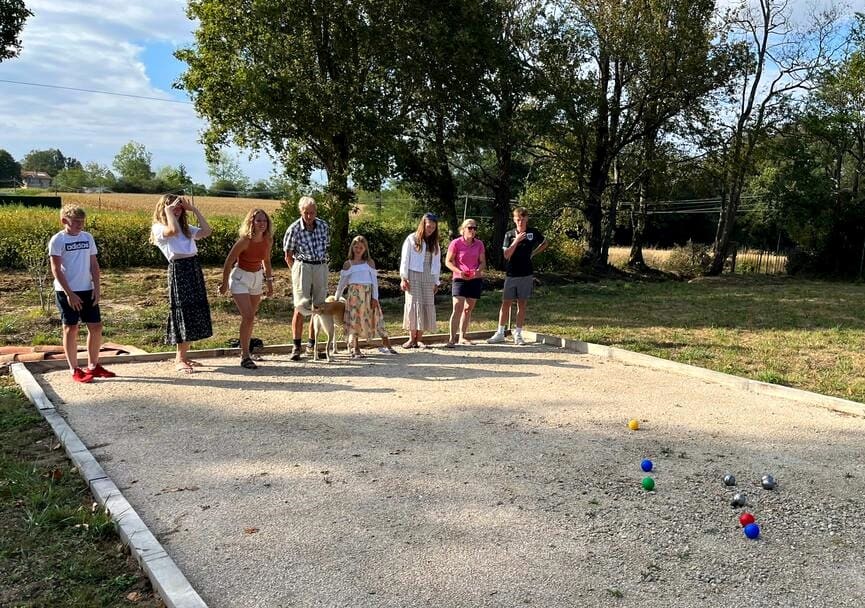
Even though it may seem easy to form quick bonds due to daily closeness, it is always important to remember that these should be built while respecting the previously agreed-upon guidelines with your host family.
Here are some practical tips that will make your stay rewarding and hassle-free.
To kick-start the harmonious relationship with your host family, it's essential to respect their house rules. These might cover areas such as curfews, meal times or chores.
The importance of clear communication cannot be overstated in any setting - more so when you're living under someone else’s roof. Always express yourself clearly and don't hesitate if there's something on your mind – from dietary preferences to personal space needs.
Before accepting a commitment, you need to be clear about what the family expects from you, defining tasks and responsibilities. Having a video call beforehand greatly helps to break the ice before traveling and allows you to discuss these matters in more detail.
If you feel that they are not fulfilling their part of the agreement, or if you sense that they are not satisfied with your assistance, talk about it as soon as possible.
You've got to roll with the punches while staying with a host family. It means being flexible about unexpected changes in plans or routines. Remember: flexibility fosters understanding.
Miscommunications might arise due to language barriers or unspoken expectations. But don't worry; there are ways around these potential pitfalls too.
If language is an obstacle, using translation apps or learning key phrases in the local dialect will help you get by until you pick up more vocabulary over time (you'll probably find that laughter often fills gaps). Also, make sure you're clear about the host family's expectations to avoid misunderstandings.
Your cultural background makes you unique - share it. A positive cultural exchange is one of the greatest benefits of staying with a host family. Teach them about your traditions, foods or even teach them words from your native language. Actually, many families abroad look for native or fluent English speakers to help them learning the language.
Remember: successful experiences are based on mutual respect and understanding.
Read the inspiring stories of fellow volunteers: "Teaching English and becoming part of an Italian family in Genoa" and "How teaching abroad changed my life".
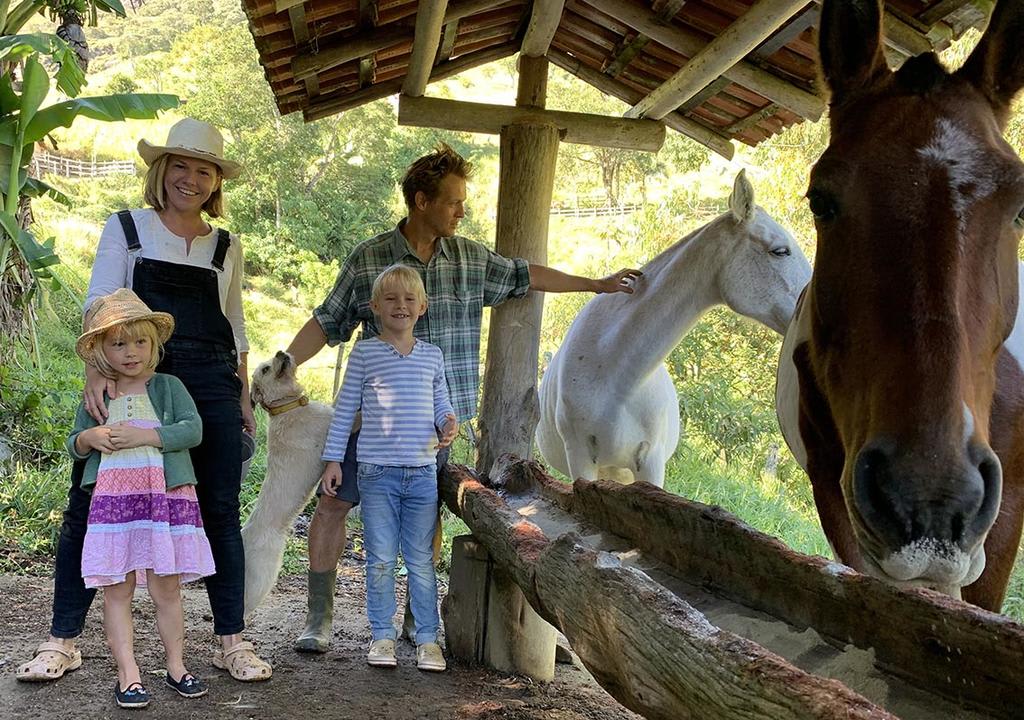
On the Worldpackers volunteering platform, you can find many host families around the world that welcome volunteers willing to live in their homes while providing assistance with whatever they need.
To participate, you can create a free profile on the Worldpackers Community and browse the platform for different volunteer opportunities that you would like to participate. Upon entering each one, you will find a detailed description of the exchange.
When you want to apply, you should verify your profile, which will allow you to get in touch with the host to discuss all the details.
Worldpackers is a very safe platform to volunteer, with references, the possibility to contact other travelers who have been to the place you are interested in applying to, a 24-hour support team, and the Worldpackers insurance that will cover you in case something does not go as expected with the host family.
These are just some examples of host families that receive volunteers:
At Worldpackers, there are not only volunteer opportunities with host families but also other types of exchanges, ranging from hostels seeking staff to organic farms and NGOs.
Learn more about how Worldpackers work: What is a work exchange and how does it work?
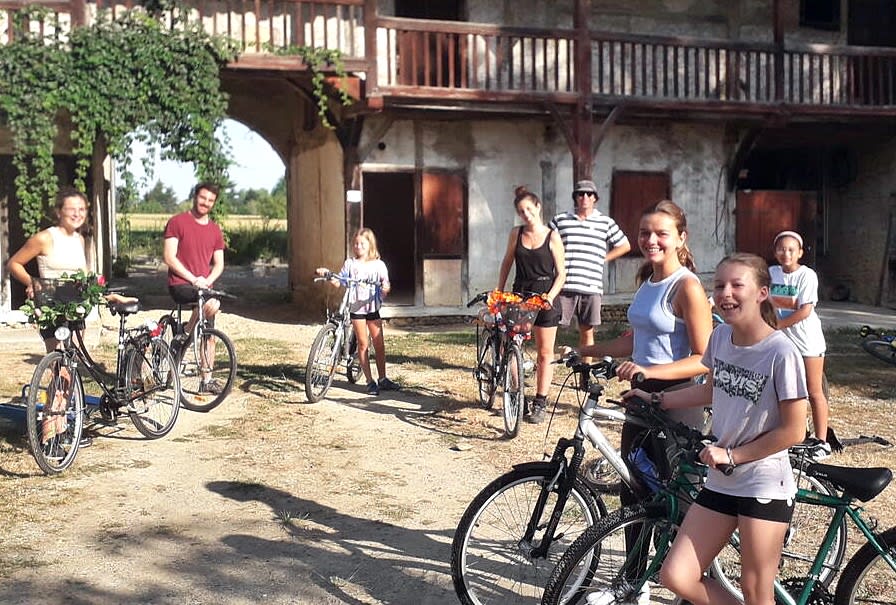
If you like these tips, follow Worldpackers social media to keep up with the news: we are on Instagram and Tiktok!
Write here your questions and greetings to the author